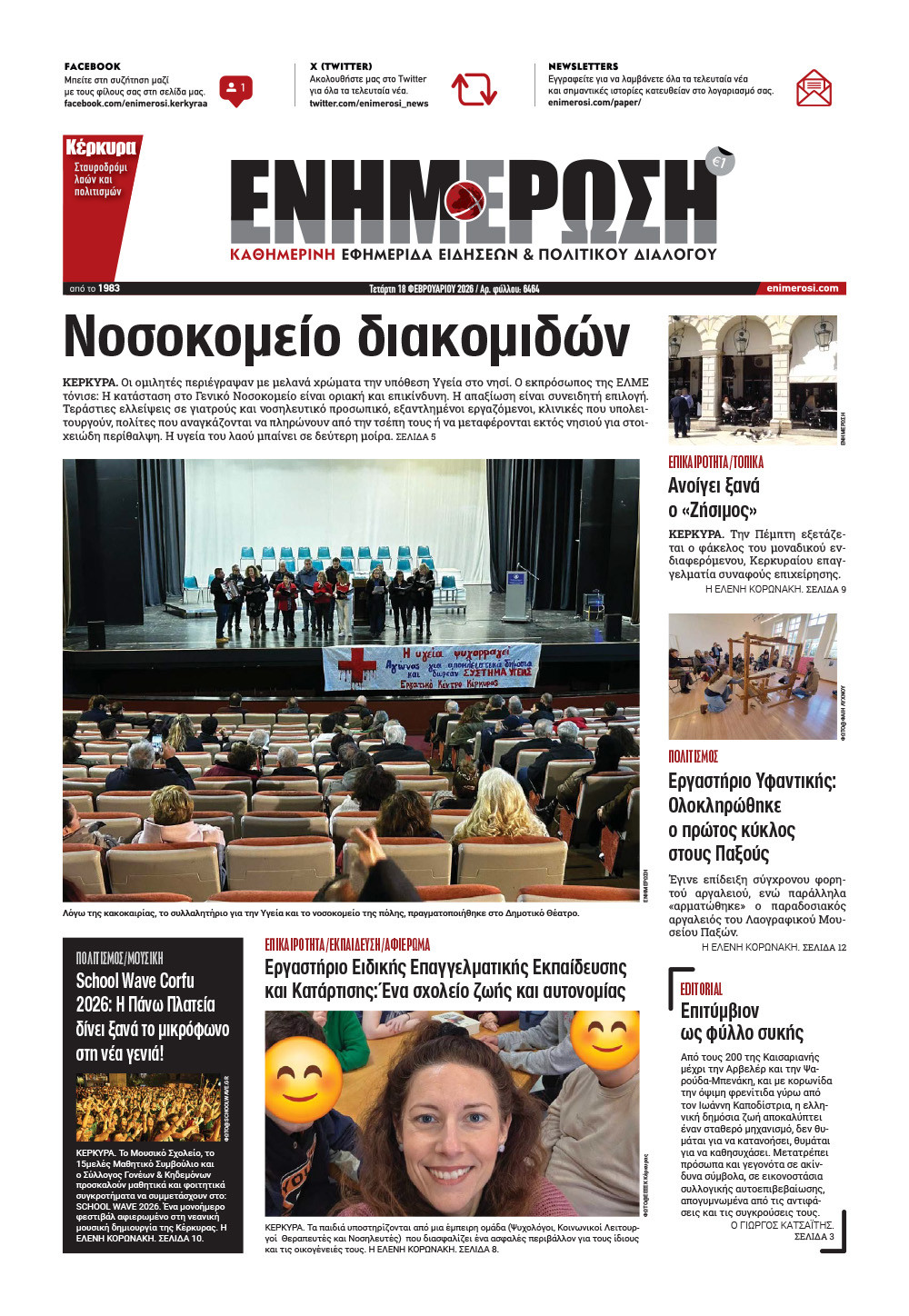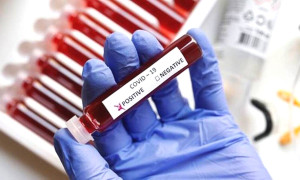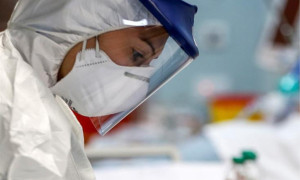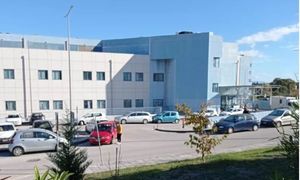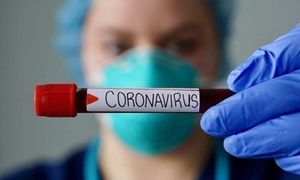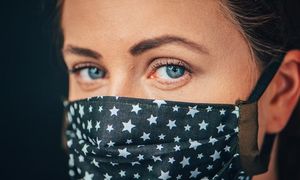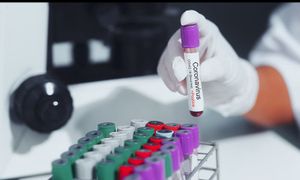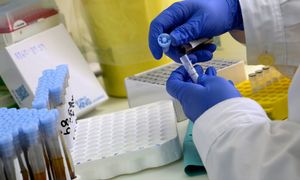Recommendations from Central Corfu Covid Watch Committee regarding pandemic
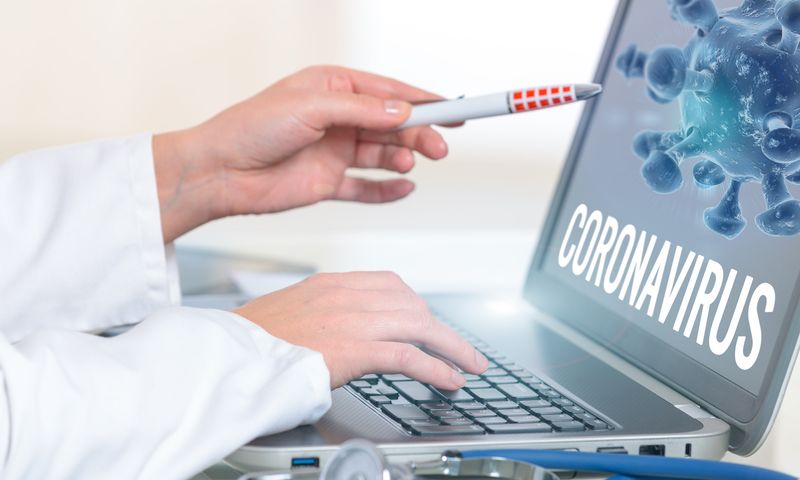
coronavirus
09 Oct 2020
/ 11:59
CORFU. Measures recommended by the Watch Committee which, if adopted and adhered to, can help protect public health.
The Public Health Watch Committee has issued recommendations to help prevent the spread of coronavirus in Corfu. They were announced by Chrysostomos Boukas following his collaboration with the other members of the Committee:
- Recording of cases in the Prefecture
Professor of Epidemiology Alamanos is responsible with the collaboration of Messrs. Triantafylos and Markatis.
Verification of data is done regularly and, of course, whenever it is judged necessary for updates, tracing and intensification of precautions.
- Strict health inspections of indoor facilities.
(Care Homes, Orphanage, Catholic Church, Platytera, Private Care Clinics for Seniors, Prison)
In collaboration with the hospital, regular PCR tests for all employees at these facilities. Virus symptoms to be reported immediately to the facility doctor. Staff health records kept and updated. Ongoing training and supervision of protective measures.
- Health supervision of outdoor and indoor health facilities.
(Help at Home, community programme for psychiatric patients)
In collaboration with the hospital, regular PCR tests for all employees at these facilities. Virus symptoms in staff and patients to be reported immediately. Ongoing training and supervision of protective measures.
- Information presentations on COVID-19 at primary, junior high and high schools in collaboration with pupils, teachers and PGAs. Emphasis on protective measures in collaboration with the Medical Association.
- Health supervision of employees at nurseries and childcare centres.
- Information and increase of awareness in Roma communities because of the larger number of people in their homes and social activities.
- Recommendation for avoidance of crowds on public transport. Mandatory face masks for passengers and drivers.
- Acquisition of SARS-CoV-2 rapid tests with nasal and nasopharyngeal smear samples (results in 10 -15 minutes). The purpose of this method is to trace superspread points and rough epidemiological research into the spread of the coronavirus in the community.
The possibility should be looked into of short-term contracts for nursing staff to be trained in rapid testing at the hospital.
Positive results are not announced. If the rapid test comes out positive, the patient is sent for a SARS-CoV-2 PCR test.
- Voluntary rapid tests for pupils, teachers and members of the public.
- Local advertising campaign to promote special local features (natural, cultural, architectural and human elements in contrast to the pandemic threat).
(Proposal to be accepted by the Mayor and discussed with the Ionian University Audiovisual Department)
Political aspect
To avoid large numbers of people taking tests at the hospital which could lead to the following risks:
- spread of the virus to health workers
- the hospital itself becoming a superspreading point
1. Primary healthcare facilities - health centres -should play the main role, with the following conditions:
- Recruitment of personnel
- Necessary protective equipment
- Rapid test training
- Special space for examination of patients and suspect coronavirus cases
2. Certification and publication of private labs for PCR and SARS-CoV-2 testing who will be obliged to send the data to EODY.
3. Following strict EODY protocols, PCR and SARS-CoV-2 tests to be prescribed by Health Centre and private doctors with no charges for the public (costs to be covered by EOPYY).
If all or most of the above are followed, we consider that the Corfu public will receive proper and timely information and there will be a strong 'wall' to protect public health.
- Recording of cases in the Prefecture
Professor of Epidemiology Alamanos is responsible with the collaboration of Messrs. Triantafylos and Markatis.
Verification of data is done regularly and, of course, whenever it is judged necessary for updates, tracing and intensification of precautions.
- Strict health inspections of indoor facilities.
(Care Homes, Orphanage, Catholic Church, Platytera, Private Care Clinics for Seniors, Prison)
In collaboration with the hospital, regular PCR tests for all employees at these facilities. Virus symptoms to be reported immediately to the facility doctor. Staff health records kept and updated. Ongoing training and supervision of protective measures.
- Health supervision of outdoor and indoor health facilities.
(Help at Home, community programme for psychiatric patients)
In collaboration with the hospital, regular PCR tests for all employees at these facilities. Virus symptoms in staff and patients to be reported immediately. Ongoing training and supervision of protective measures.
- Information presentations on COVID-19 at primary, junior high and high schools in collaboration with pupils, teachers and PGAs. Emphasis on protective measures in collaboration with the Medical Association.
- Health supervision of employees at nurseries and childcare centres.
- Information and increase of awareness in Roma communities because of the larger number of people in their homes and social activities.
- Recommendation for avoidance of crowds on public transport. Mandatory face masks for passengers and drivers.
- Acquisition of SARS-CoV-2 rapid tests with nasal and nasopharyngeal smear samples (results in 10 -15 minutes). The purpose of this method is to trace superspread points and rough epidemiological research into the spread of the coronavirus in the community.
The possibility should be looked into of short-term contracts for nursing staff to be trained in rapid testing at the hospital.
Positive results are not announced. If the rapid test comes out positive, the patient is sent for a SARS-CoV-2 PCR test.
- Voluntary rapid tests for pupils, teachers and members of the public.
- Local advertising campaign to promote special local features (natural, cultural, architectural and human elements in contrast to the pandemic threat).
(Proposal to be accepted by the Mayor and discussed with the Ionian University Audiovisual Department)
Political aspect
To avoid large numbers of people taking tests at the hospital which could lead to the following risks:
- spread of the virus to health workers
- the hospital itself becoming a superspreading point
1. Primary healthcare facilities - health centres -should play the main role, with the following conditions:
- Recruitment of personnel
- Necessary protective equipment
- Rapid test training
- Special space for examination of patients and suspect coronavirus cases
2. Certification and publication of private labs for PCR and SARS-CoV-2 testing who will be obliged to send the data to EODY.
3. Following strict EODY protocols, PCR and SARS-CoV-2 tests to be prescribed by Health Centre and private doctors with no charges for the public (costs to be covered by EOPYY).
If all or most of the above are followed, we consider that the Corfu public will receive proper and timely information and there will be a strong 'wall' to protect public health.



